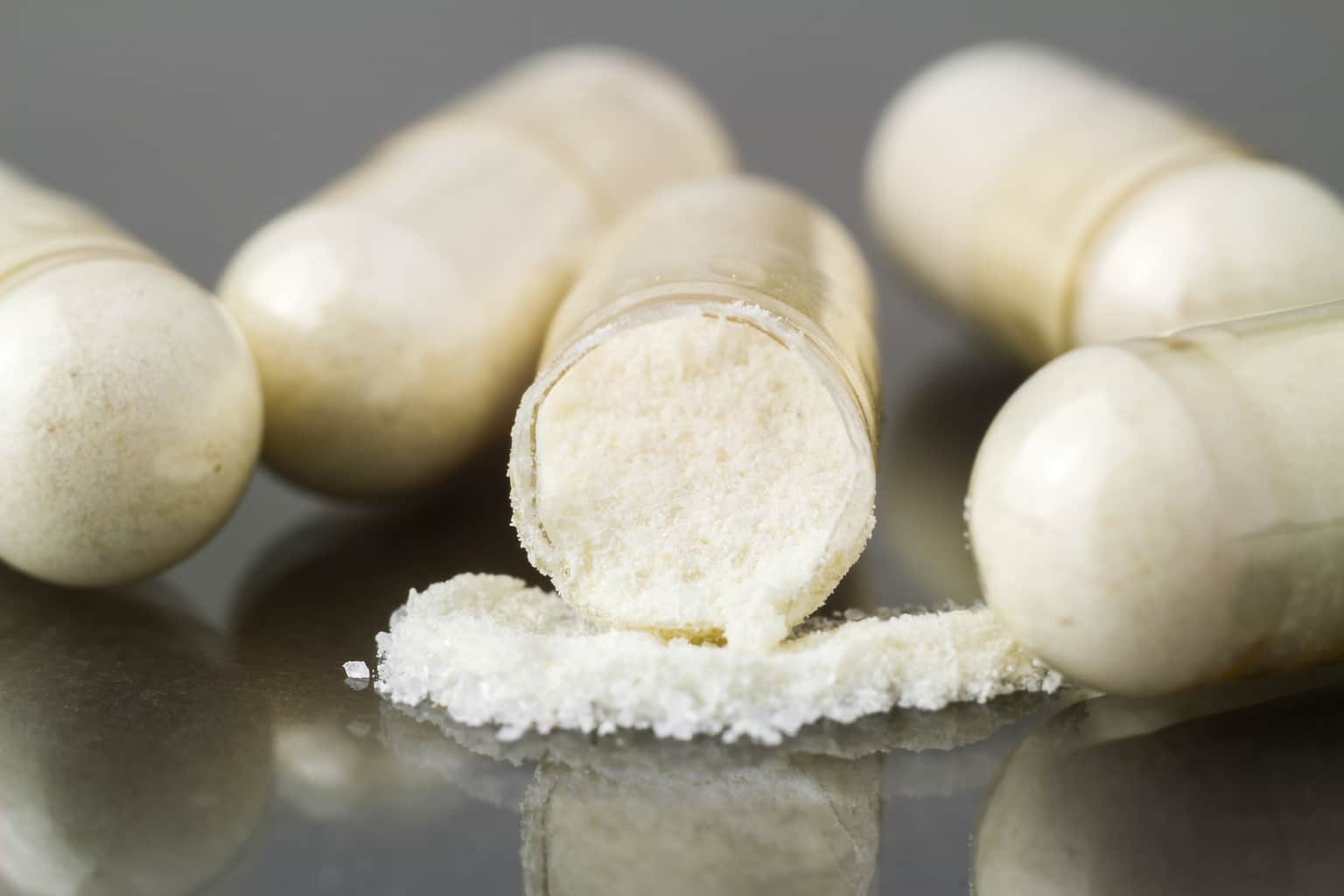
[cmamad id=”9653″ align=”center” tabid=”display-desktop” mobid=”display-desktop” stg=””]
If you’ve been looking to increase your testosterone or lose some weight, chances are, you have heard of the supplement DIM.
DIM is short for Diindolylmethane.
You can find it in certain vegetables, like kale or broccoli.
DIM seems to have some pretty beneficial effects.
Mostly, people take it to lower estrogen.
And if you’ve been reading this newsletter for a while, you know lowering estrogen is generally a good thing.
While most people think of it as “The Female Hormone,” it is more of a stress hormone.
Some doctors will even recommend DIM to patients that are taking Testosterone Replacement Therapy.
The hope is that DIM will keep the body from converting testosterone into estrogen.
But is there any evidence that DIM works?
Well, it appears that there is some conflicting evidence.
Take this study, for example.

In this study, researchers took some rats and gave them cancer.
The cancer these rats grew under the influence of estrogen.
Then the researchers split them into two groups.
[cmamad id=”9654″ align=”center” tabid=”display-desktop” mobid=”display-desktop” stg=””]
One group received DIM as a supplement, while the other group did not.
The researchers tracked the tumor growth and used this to determine the activity of estrogen.
In the rats that received DIM, tumor growth slowed significantly.

Overall, this seems like a great result.
DIM prevented the tumors from growing, and this is likely because it lowers the level of estrogen.
Keeping estrogen low is certainly beneficial.
But the question remains, how exactly is DIM lowering estrogen?
Another study looked into this question more in depth.

In this experiment, researchers took some human prostate cells and put them into a petri dish.
They then tested the effect of DIM and DHT to see how each affected the cells, both separately and in combination.
What they found was that DHT by itself stimulated the prostate cells.
But DIM by itself did not.
In addition, when they applied DIM and DHT together, DIM stopped all the function of DHT on the prostate cells.

From this information, the researchers concluded that DIM was strongly anti-androgen.
That means that it can also depress testosterone.
Of course, this should raise some concerns for men who are interested in using DIM for its anti-estrogen effects.
They don’t want to lower testosterone as well.
What can we take away from these studies to apply in real life?
Well, first, it’s important to note that DIM had some potent anti-cancer effects.
So, if your doctor recommended it to you to prevent or treat a tumor, you should listen to your doctor, of course.
DIM does appear to have some potent anti-estrogen effects, and this could potentially be beneficial.
However, DIM also appears to have some anti-androgenic effects as well.
This would defeat the purpose if used along with something like Testosterone Replacement Therapy.
Clearly, more research is needed to establish the full effects of DIM.
Until that time, it would probably be best to look for other methods to lower or control estrogen.

https://academic.oup.com/carcin/article/19/9/1631/2365563/Aryl-hydrocarbon-receptor-mediated-antiestrogenic
Plant-derived 3,3'-Diindolylmethane is a strong androgen antagonist in human prostate cancer cells
https://www.ncbi.nlm.nih.gov/pubmed/12665522
http://fortwaynephysicalmedicine.com/blog/the-benefits-of-dim
http://wholeworldbotanicals.com/facts-about-dim-and-mens-health/
https://www.testofuel.com/tf/does-dim-boost-testosterone/
Dim, the short name for Diindolylmethane is a plant compound which is usually found in cruciferous vegetables such as broccoli, Cauliflower, Brussels sprouts and cabbage. Dim is usually considered a natural hormone boosting compound which helps to manage the hormonal imbalance in the body and helps to increase the natural testosterone level in the body. It helps to free up bound testosterone and is also considered a natural aromatase inhibitor. It actually helps to prevent free testosterone from being inundated by the sex hormone binding globulin (SHBG ), which is a type of protein that locks up testosterone reducing its natural availability. It has also been found that Dim helps in preventing viral infections, reduce inflammation and also boost the natural immune system of the body.By helping to free testosterone from its carrier proteins, Dim aids in developing stronger and metabolically active muscles. Low levels of the testosterone in the male body can also cause symptoms like obesity, a reduction in the sex drive and sometimes depression. Dim can help to free testosterone without reducing the naturally occurring testosterone levels in the body. The specific enzyme – Aromatase is the key compound which is responsible for the conversion of testosterone into estrogen in the male body and increases as a man ages. This increase, especially in the fat tissue is what is linked to chronic inflammation, diabetes and obesity with old age. Dim helps in the elimination of active estrogen by converting it to good estrogen metabolites and thus can control the conversion of the testosterone into estrogen. In addition to that Dim has been found to improve prostate health too. The usual dosage that is healthy for a man is 200 g to 400 g every day, taken with food.Other foods which contain Dim compounds include kelp, collards, mustard greens, radishes and turnips.

The online casino virtual reality is that you may be prone to spending too much and becoming addicted to such games. Fortunately, there are some actions that you can take.
People loooove to talk about themselves. So be interested in what another person has to say.
we came across a cool website that you just may enjoy. Take a appear when you want